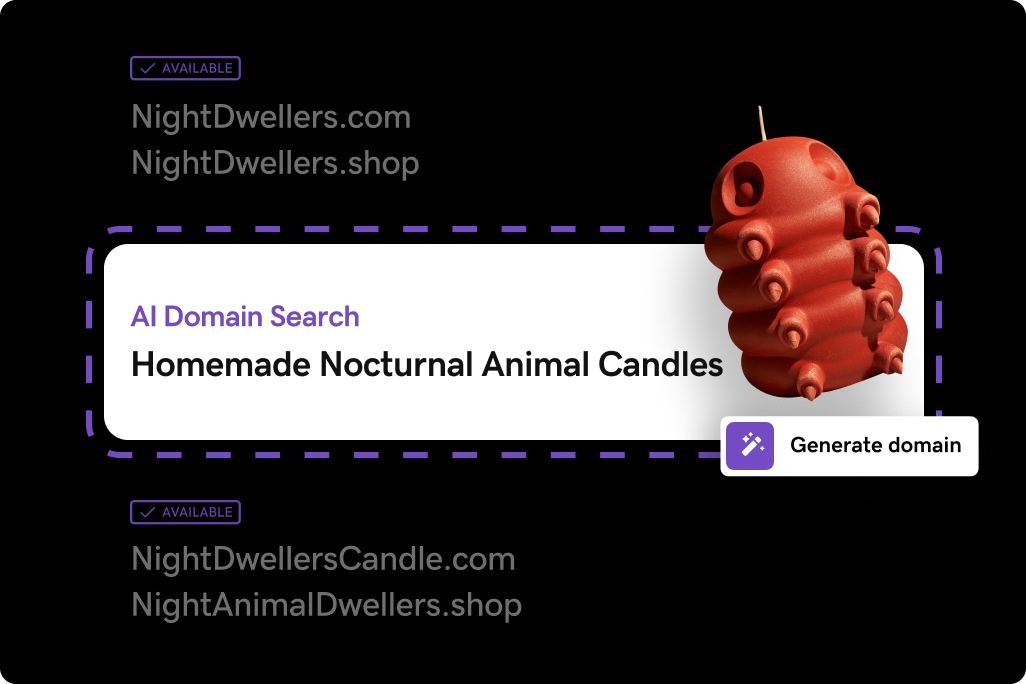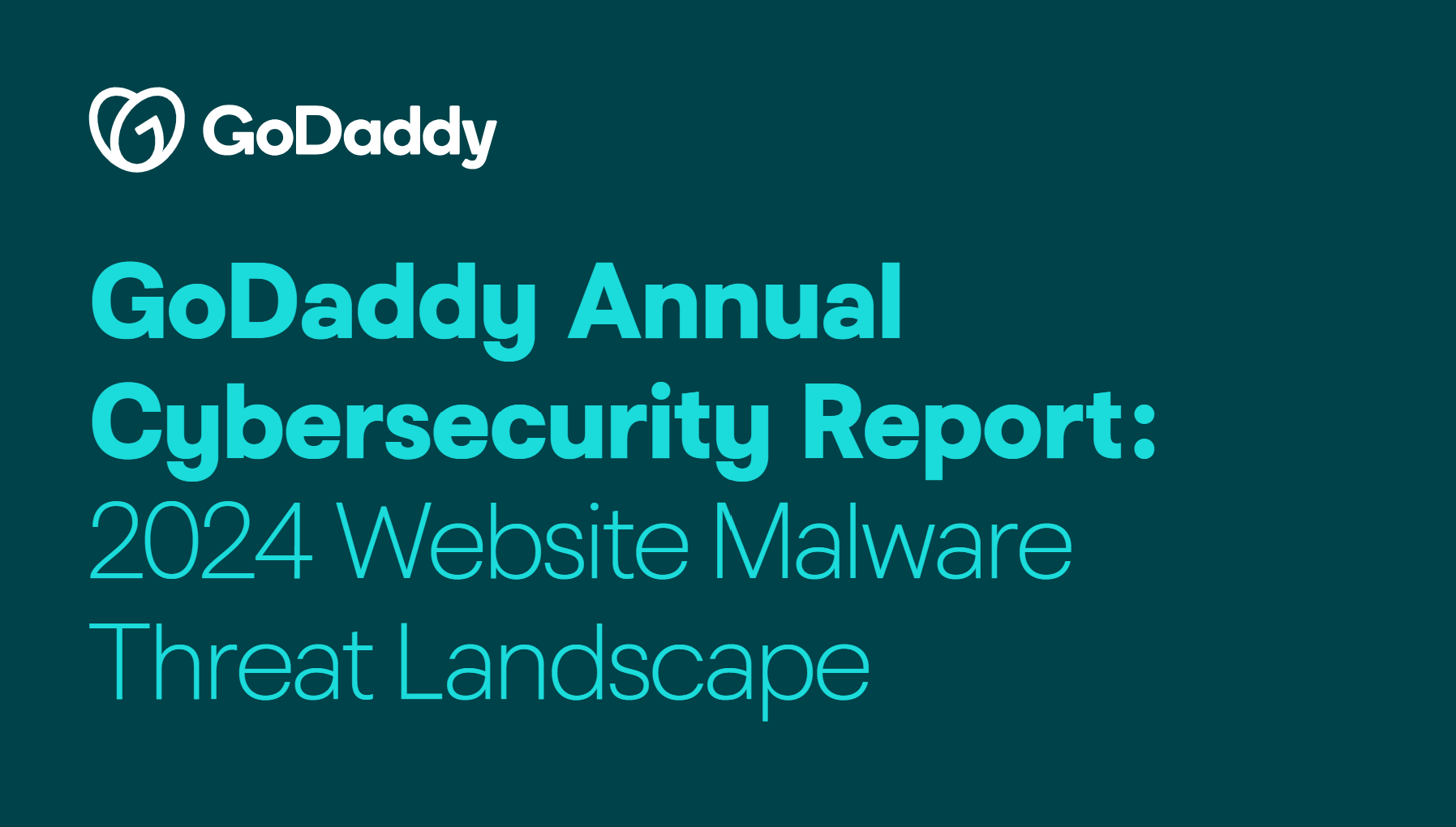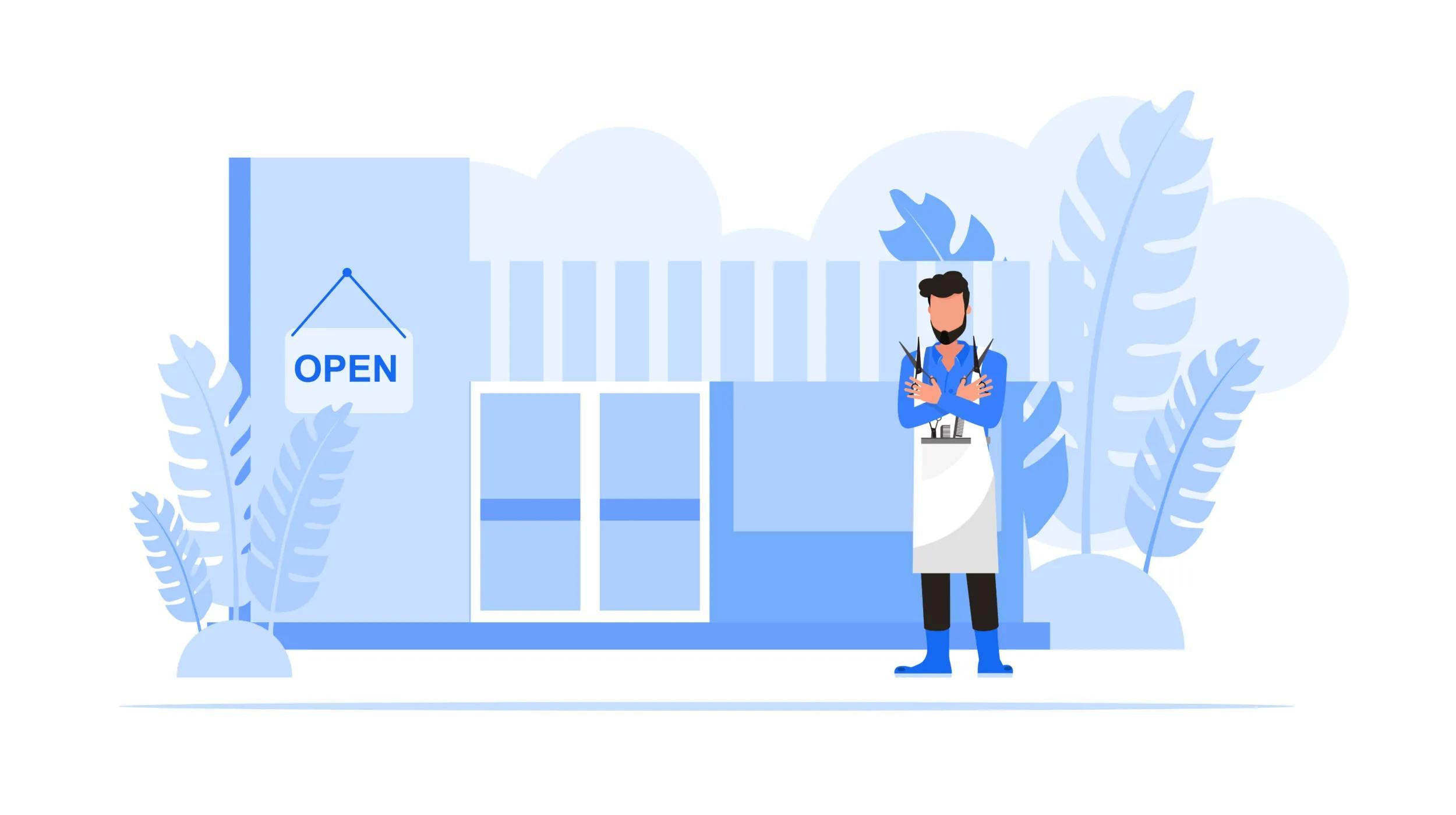For those unfamiliar with the world of internet domains, purchasing your first one can sometimes seem overly complicated. Not only do you have to choose a name that reflects your business and is easy to remember, but you’ll also come across numerous terms that perhaps you’re not familiar with. A domain glossary can help you make sense of it all.
Whether you’re looking to invest in one domain name or several, by the time you’ve finished reading this comprehensive domain glossary you’ll have familiarized yourself with many of the fundamental terms. This should boost the confidence you need to become a domain investor yourself.
It’s easier than you think to start investing in domains. Get started with domain investing here.
Related: What is a domain name?
Domain terms glossary
Get familiar with these key terms before you start your journey into domain investing.
ACPA
Legislation introduced in the United States to prevent the practice of cybersquatting. The unabbreviated name is the Anti-cybersquatting Protection Act.
Related: What is domain squatting and what can you do about it?
Administrative contact
This person will oversee any maintenance related to a domain name, such as keeping the WHOIS directory updated.
Aftermarket
Often, your ideal domain name will already have been snapped up. If this is the case, you can turn to the aftermarket, where interested buyers can either bid or negotiate a price for an existing domain name.
Backorder
A service that registers a domain name on behalf of its clients as soon as the domain expires.
Backordering is not an automated process, meaning it’s a practice that doesn’t have to rely on the use of robots or computer systems.
These services are often available through auctions or your domain name registrar. Backordering is sometimes available free of charge via a registrar.
Bidding
Vying for a name, usually done via auction. Although, sometimes domain names will come up through a domain name sale or backordering.
Billing contact
This person will be invoiced for any registration costs connected with the domain name and for any ongoing fees, such as web hosting.
Cybersquatting
When someone purchases and registers a domain name that is trademarked. Often, the domain name registered will be that of a high-profile brand.
There are multiple reasons why someone might engage in cybersquatting. The first is purely for financial gain.
For example, they will attempt to sell the domain name for a profit or sell it for more than it’s worth.
Other reasons for cybersquatting can be to cause reputational damage to a brand or individual.
There is anti-cybersquatting legislation in place in the United States, but legal protection against the practice in the UK is limited.
Deleted domain
A domain that had a previous registrar, but has been canceled. A registrar might delete a domain for multiple reasons. Sometimes it can be due to legal issues regarding the domain name itself, or a business/organization might change its name.
Domain appraisal
A tool for finding out the value of your domains.
Domain appraisal tools analyze data such as the keywords used and the site’s ranking.
There are several tools available, and GoDaddy has its own free appraisal tool.
Domain broker
Internet domains are treated by brokers in the same way as any other commodity. A broker buys and sells domains. If a domain name is already in use, a broker can act on the buyer’s behalf to negotiate with the owner to purchase the domain at the best price possible.

Domain contact
Domain name registrants are obliged to provide their contact details. The details will then be listed in the WHOIS directory.
Domainer
A person who invests in or buys and sells multiple domain names is sometimes referred to as a domainer.
Domain extensions
The last section of a domain name is known as the top-level domain (TLD). This part of the domain name is sometimes called the domain extension. It is meant to communicate the purpose or location of a website.
As detailed below, there are multiple domain extensions:
gTLD
Generic top-level domains. All readers will be familiar with gTLDs as these extensions are the most widely used on the internet, including .com, .biz and .info.
A new wave of gTLDs was launched in 2014, allowing a much greater range of extensions. These are often generic terms, however, they also can be customized to indicate the nature of the business.
ccTLD
Country code top-level domains are extensions that indicate the country where the website is based. For instance, .au for Australia, .ca for Canada, .es for Spain and .fr for France. These are commonly used, although there are sometimes restrictions placed on them.
sTLD
Sponsored top-level domains (sTLDs) are controlled by an agency. For example, .edu is reserved for post-secondary institutions accredited by an agency on the U.S. Department of Education's list of Nationally Recognized Accrediting Agencies.
If you're looking to learn more about what a domain extension is, our resources can guide you and help find the best option for you.
Domain flipping
Selling domain names for profit. Methods of investment include buying on established platforms, buying a domain name that the buyer hopes will be profitable sometime in the future, or setting up a domain, making it profitable and then selling it later on.
Related: 5 tried-and-true tips for buying and selling domain names for profit
Domaining
The act of people or organizations seeking to profit from speculating in the domain aftermarket.
Domain kiting

Describes when an individual continually registers and deletes a domain name in quick succession while avoiding making payment for it. Domain kiting was possible due to the Add Grace Period (AGP) that allowed domain registrars to cancel within a five-day registration period.
Domain kiting can be used to profit from any advertising or affiliate products that are sold on the site.
Domain name
The name given to the internet address. This is the name people will usually look for if they want to search for a business/organization online.
Related: How to buy a domain name
Domain name hack
Sometimes simply known as a domain hack, the term was first used by Matthew Doucette in 2004. According to Doucette, a domain hack is "an unconventional domain name that uses parts other than the SLD (second-level domain) or third-level domain to create the title of the domain name." In other words, it’s using the domain’s extension to create a readable word or phrase.
Domain portfolio
A list of domain names that have been purchased as an investment. These can be managed by one of the many domain portfolio services available.
Domain resellers
Resellers provide domain name registrations to individuals, businesses and organizations.
Domain tasting
A similar practice to kiting, domain tasting allowed individuals to test out the profitability of a domain name during the AGP, without investing any money. Tasting was a method that was often favored by spammers. ICANN has successfully put measures in place to prevent domain tasting and the practice rarely occurs now.
DNS or Domain name server
It might also be called a domain name service or system. The purpose of a DNS is to decode domain names and translate them into IP addresses.
Related: DNS records — A beginner’s guide
Drop catching

A practice that occurs once a domain name has expired, that you might also hear referred to as “drop sniping.”
A domain name will be snapped up and registered the moment it becomes available.
Drop catching is an automated practice and there a number of drop catching services around. Some of the registrars will be ICANN registered, while others aren’t.
Drop listing
Detailed lists of domains that are about to be deleted by a registry. Domainers will make use of such lists so they can register a domain name once it gets deleted.
Dropped domain
When a domain name expires without being renewed. Domain registrars will usually give a short grace period once a domain name expires to allow the registrant to re-purchase it. If the domain name is still not renewed, it will become available for another person to register.
Escrow
A way of protecting both the buyer and the seller during a domain transaction. The escrow company will act as a third party to ensure that both parties live up to their side of the agreement. When the agreed amount is paid into escrow, the domain name will be released to the buyer. The seller will then receive the funds once the domain has been signed over to the buyer.
Evaluator
Domain evaluators are assigned by ICANN. The three elements — Initial Evaluation, Extended Evaluation and Community Priority Evaluation — are all overseen by the organization.
Expired domain
A domain becomes expired when the existing holder fails to renew it.
Related: Auctions, backorders and more — how to secure expired domains
ICANN
An abbreviation for the Internet Corporation for Assigned Names and Numbers. It’s a nonprofit organization that was established in the late 1990s and is headquartered in Los Angeles.
ICANN states that it’s “dedicated to keeping the internet secure, stable and interoperable.”
ICANN plays a crucial role in the expansion and infrastructure of the internet and is also responsible for managing root servers and allocating IP addresses.
Parking

A way of reserving a domain name. Sometimes a domain name is bought before a website is built and the domain name is ready for use. The parked domain will not hold any content. However, some will carry advertising to earn revenues. Some parked domains will also be offered for sale.
Pending transfer
A term that applies to when a domain is awaiting transfer from one registrar to a new registrar.
Premium domain
A domain name that has a greater value than an ordinary domain and typically attracts more traffic. They do this partly by placing sought-after keywords or phrases in their domain name.
Related: What are premium domain names and how can they turbocharge your online identity?
Privacy
Privacy services are most often provided by your registrar. This means that you don’t need to have your personal information registered in the WHOIS database. Instead, the details of a forwarding service will be listed. This is sometimes provided free with certain domain registrars and helps to protect against domain hacking. Domain Protection is something that is offered by GoDaddy.
Registrant
The individual, business or other organization that owns the domain name. When a person or business buys a domain name, they then become the registrant.
Related: How to tell who is the owner of a domain name and why you’d need to know
Registrar
The company you bought the domain name from is the registrar who manages it for you. Registrars will also offer domain hosting. If you’re not clear who owns a domain name, you can use WHOIS to look it up.
Related: Check out our overview on the best domain name registrars.
Registry
The organization responsible for managing top-level domains. A registry also will create domain names and work in conjunction with registrars to make them available to buy. There are different registry domain bodies, including VeriSign and Nominet.
Renewal
Domain registrants need to renew a domain name before its expiration date, which is commonly set on an annual basis, but they can also be extended for much longer periods. Generally, there is a limited grace period where registrants can renew the domain after expiration. However, after the grace period has elapsed, the domain name will be available for registration by another party.

Technical contact
The person in charge of managing the technical side of the domain name.
Transfer
A domain name transfer will change the ownership of a specific domain name, which occurs when a domain is sold or moved.
Typosquatting
A type of cybersquatting, typosquatting depends on internet searchers making basic typos when they input a URL or domain name into a search engine. Typosquatting will take the searcher to any URL, including those that can contain malicious content.
WHOIS
A database that provides information on the owner of a specific domain name. Information that can be looked up includes contact info, ownership and length of ownership. The database can also be used to discover domain availability. There are several WHOIS lookup tools available online. GoDaddy has a domain lookup tool here.
Conclusion
Domain investment doesn’t have to be nearly as complicated as it might sometimes sound. The above domain glossary will have defined the terms you’re likely to hear most frequently. Now that you’ve read the detailed glossary, you’ll be familiar with many of the most common terms used in the world of domain investing and you should feel ready to invest in your first domain name.









